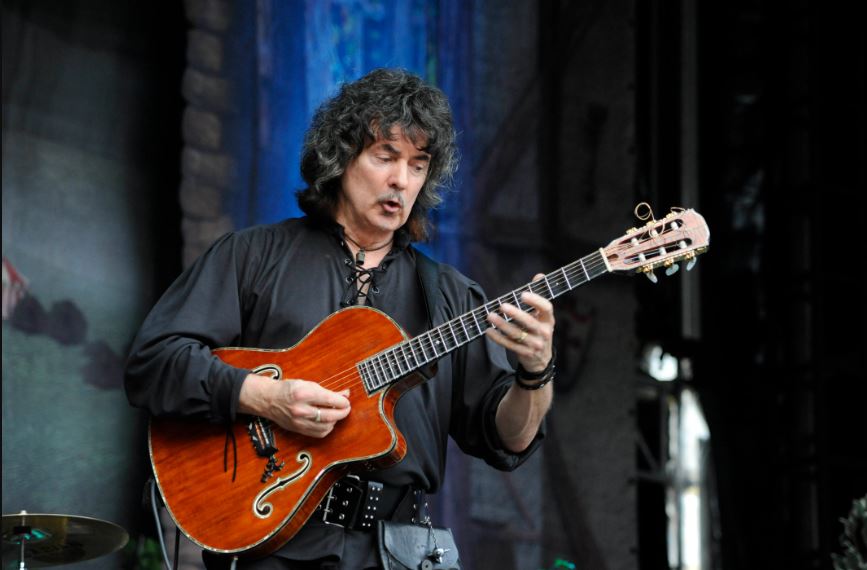
When rock music was veering into bloated pomposity during the late 1960s, a select few emerged committed to going against the grain, instilling fury and darkness into the mix, stretching the formula further than listeners could have imagined at the start of the decade when the future appeared glowing. While Jimi Hendrix might have been the first to make the guitar truly heavy, he opened the gates for individuals such as Ritchie Blackmore, who jumped headfirst into the darkness.

Blackmore is a fine player who perhaps doesn’t get the full plaudits he deserves. He was the power behind Deep Purple and the reason they helped establish the metal genre. Accordingly, many of his techniques have since become ubiquitous in the form and all related ones, including string-tapping, dive bombs and twisting, piercing solos. A true wizard of the guitar like his early attire suggested, the force of his sonics can be heard clearly in classics such as ‘Speed King’, with the world-famous ‘Smoke on the Water’ representing only a fraction of what his work encompasses.
A restless creator who has placed an onus on pushing himself to new heights, his oeuvre is varied, spanning from metal to medieval and baroque music, with all his projects united by one common aspect: drama. Even before the days of Hendrix, when he was playing with the maniacal horror-themed vocalist and future Monster Raving Loony Party founder Screaming Lord Sutch, there was a theatrical edge to his work. Of course, it would go on to be inextricable from the efforts of Deep Purple and those of other metal pioneers such as Black Sabbath and Led Zeppelin.

Blackmore always sought depth in music, whether his own or that of others and covets those who craft multifaceted sounds rather than vanilla compositions that say nothing apart from what is evident at face value. This position also helped him stand out from the mass of blues-loving guitarists his era produced and do something completely distinctive.
Of course, enacting such bold strides also takes a dash of that ideal blend of confidence and arrogance, which has consistently cropped up throughout the annals of music, with every undisputed great possessing it. This also means that Blackmore’s unfettered character has seen him criticise a slew of his prominent peers, including The Rolling Stones, whom he considers “idiots”.
When speaking to Trouser Press in 1978, Blackmore gave one of the most enlightening interviews of his career, which saw him discuss everything from why he was “better than” the entire punk genre to what he looks for in music. The latter aspect was particularly interesting, and it saw him criticise one of the most celebrated groups of all time for the sort of music they make.
At one point, he commented: “In America you have some very strange big groups.”
Asked if it was Kiss that he was alluding to, he surprisingly said he was a fan of the masked New Yorkers because they do not care about people’s opinions and admit they’re not the best musicians. He added: “I’m talking about middle-of-the-road bands that turn out that lethargic, laid-back cocaine beat. The DJs love it and they play and play it all the time.”
:max_bytes(150000):strip_icc():focal(999x0:1001x2)/gettyimages-85217469-1-2-1-53727e57292b4d37bf7d3de8208e52f7.jpg)
Aptly characterising a popular form of music at the time, Blackmore then looked to the group he saw as the worst offenders, and it wasn’t the Eagles. It was Fleetwood Mac, who had released their number-one pop rock staple, Rumours, just the previous year. While he liked them as people, their music’s immense lack of intensity simply wasn’t for him. In truth, there are many discrepancies between his work and theirs.
He laughed: “Funny you should mention them. Nice people, but I have reservations about what they’re doing. But the rest of America doesn’t seem to have reservations. It’s gone into this mellow thing and I’m not keen on that. I like intense music that comes across as drama, as acting.”
Leave a Reply